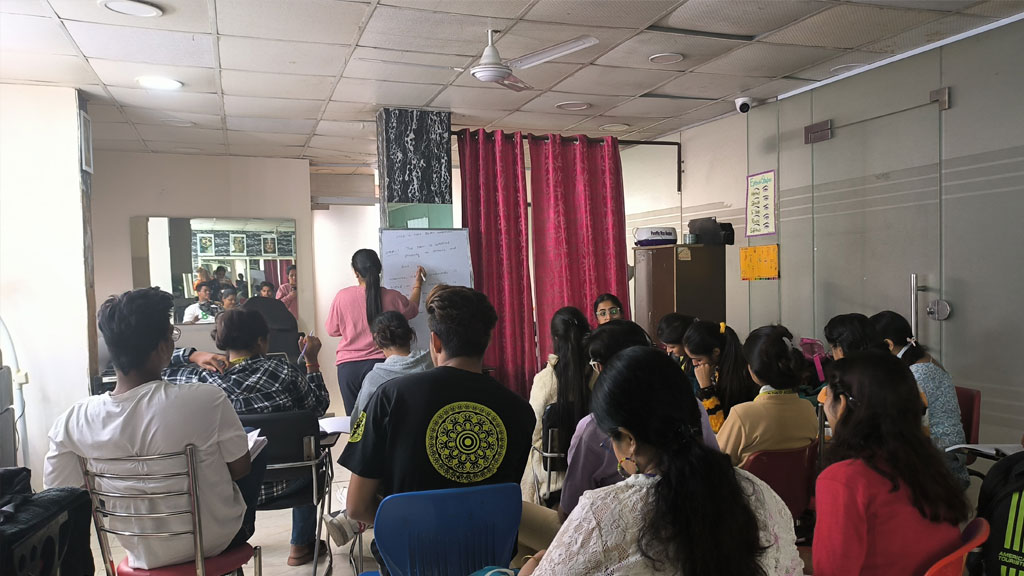Introduction:
Education is the cornerstone of a society’s progress, and behind every successful educational system are dedicated and well-trained teachers. If you aspire to contribute to shaping the minds of tomorrow, enrolling in a Nursery Primary Teacher Training (NPTT) course could be your first step towards a fulfilling career in education. In this blog post, we will explore the significance of NPTT courses and the essential elements they encompass.
- Understanding the Role of a Nursery Primary Teacher:
Nursery and primary teachers play a pivotal role in a child’s formative years. They are not just educators; they are mentors, nurturers, and facilitators of holistic development. A quality NPTT course equips aspiring teachers with the knowledge and skills needed to excel in this multifaceted role.
- Child Psychology and Development:
A crucial aspect of effective teaching is understanding the psychology and developmental stages of children. NPTT courses delve into child psychology, helping future educators comprehend the cognitive, emotional, and social aspects of a child’s growth. This knowledge forms the basis for creating engaging and age-appropriate teaching strategies.
- Pedagogical Approaches for Early Learning:
Teaching young minds requires specialized pedagogical approaches. NPTT courses provide insights into methodologies tailored for nursery and primary education. From interactive learning techniques to incorporating play-based activities, educators learn to create an environment that fosters curiosity and love for learning.
- Classroom Management and Behavior Modification:
Maintaining an organized and positive learning environment is a skill that sets great teachers apart. NPTT courses offer practical insights into effective classroom management, addressing issues such as discipline, student engagement, and behavior modification. These skills are instrumental in creating an atmosphere conducive to learning.
- Curriculum Planning and Design:
Crafting a well-rounded curriculum that caters to the developmental needs of young learners is a key responsibility of nursery and primary teachers. NPTT courses guide educators in designing age-appropriate lesson plans, selecting relevant teaching materials, and integrating technology to enhance the learning experience.
- Inclusive Education and Special Needs Teaching:
Every child is unique, and an inclusive approach to education ensures that every student, including those with special needs, receives the support they require. NPTT courses address the principles of inclusive education, equipping teachers with the skills to adapt their teaching methods to meet diverse learning needs.
- Practical Teaching Experience:
An effective NPTT course goes beyond theoretical knowledge and includes practical teaching experience. Trainee teachers often have the opportunity to work in real classrooms, applying the concepts they’ve learned under the guidance of experienced educators. This hands-on experience is invaluable in building confidence and honing teaching skills.
- Professional Ethics and Continuous Development:
Teachers are not only educators but also role models for their students. NPTT courses emphasize the importance of professional ethics, encouraging educators to maintain integrity, empathy, and a commitment to lifelong learning. The course may also introduce educators to professional development opportunities to stay updated with the latest educational trends and methodologies.
Conclusion:
Enrolling in an NPTT course is not just a pathway to becoming a teacher; it’s a commitment to shaping the future by nurturing young minds. A well-designed NPTT course equips educators with the knowledge, skills, and values needed to create a positive impact in the lives of their students. So, if you are passionate about education and aspire to make a difference, consider embarking on the journey of becoming a nursery and primary teacher through an NPTT course. Your dedication today could be the catalyst for a transformative tomorrow in the world of education.

